Blog post written by Beatrice Nava who used the CLARIN Mobility Grant in order to enrich her studies about digital editions of Ancient Greek fragmentary poetry and Digital Humanities at the Centre for Language Technology (Department of Nordic Studies and Linguistics, University of Copenhagen).
News
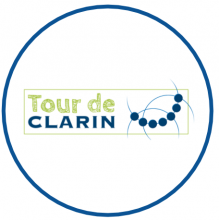
The Latvian FrameNet-annotated text corpus is a balanced, multilayered corpus annotated according to the latest frame inventory of Berkeley FrameNet.
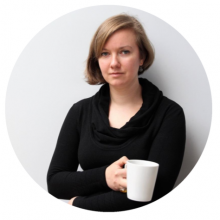
Tour de CLARIN highlights prominent User Involvement (UI) activities of a particular CLARIN national consortium. This time the focus is on Latvia and Sanita Reinsone, a leading researcher at the Institute of Literature, Folklore and Art at the University of Latvia.
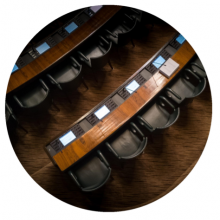
A workshop on a proposed standard format for parliamentary data is organised by the CLARIN Interoperability Committee in close collaboration with Tomaž Erjavec and Andrej Pančur from CLARIN Slovenia.
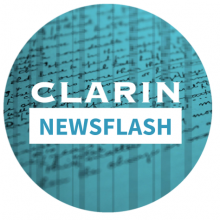
Read the most recent CLARIN Newsflash: January 2019 here

The seminar Tools and Resources for Digital Humanities Research was organized by the staff of the Artificial Intelligence Laboratory and brought together a wide range of humanities researchers, including philologists, journalists, political scientists, translators, librarians, historians and other representatives of the Humanities and Social Sciences
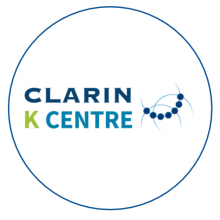
CLARIN is pleased to announce that IMPACT-CKC, TRTC, CLARIN-SMS and CLARIN-DiaRes have been officially recognized as CLARIN Knowledge centres (K-centres)
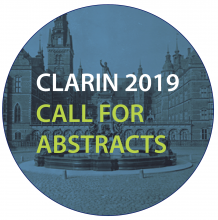
CLARIN is happy to announce the CLARIN Annual Conference 2019 and calls for the submission of extended abstracts.

The Institut für Maschinelle Sprachverarbeitung (IMS) and the MPI for Psycholinguistics have been successfully re-assessed as B-centres.

In this issue: New Centres, 4.6 beta: collapsing of very similar records, Curation module 2.0, Interesting reads

The coordinating centre of CLARIN Latvia is the Artificial Intelligence Laboratory, which has been conducting research on natural language processing and has provided access to different language resources, including corpora and lexicons, for almost 30 years.
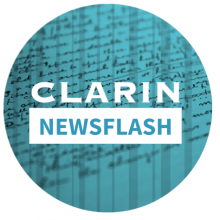
Read the most recent CLARIN Newsflash: December 2018 here

Bente Maegaard has been appointed chair of the SWG on Social and Cultural Innovation for three years, starting 1 January 2019.
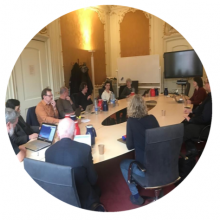
Read the blog post about the CLARIN Newcomers workshop that took place on 4-5 December
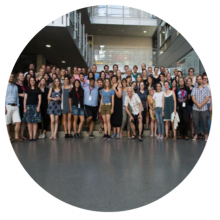
Thorsten Trippel (CLARIN-D) has written a detailed report about ESU2018 and a number of participants have shared their experiences by writing their own blogs as well. The links to these blogs can be found in this report.

The Place Names Database of the Institute of the Estonian Language (KNAB) is a multilingual and multiscriptual systematic database of geographical names covering Estonia and other countries

The annual Estonian Digital Humanities conference is a key event attended by both Estonian and European scholars in DH and a perfect place to address the challenging issues related to the interaction of scholars within different fields.
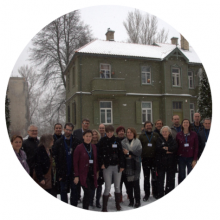
In the midst of a winter landscape, at Vilnius, Lithuania, the workshop Hacking the GDPR to Conduct Research with Language Resources in Digital Humanities and Social Sciences took place on 7 December 2018. The workshop, organised by the CLARIN Legal and Ethical Issues Committee ( CLIC), hosted by
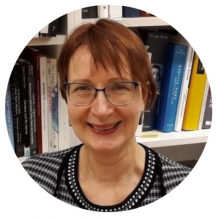
Tour de CLARIN highlights prominent User Involvement (UI) activities of a particular CLARIN national consortium. This time the focus is on Estonia and Marin Laak, a senior researcher and principal investigator of the Estonian Literary Museum.
